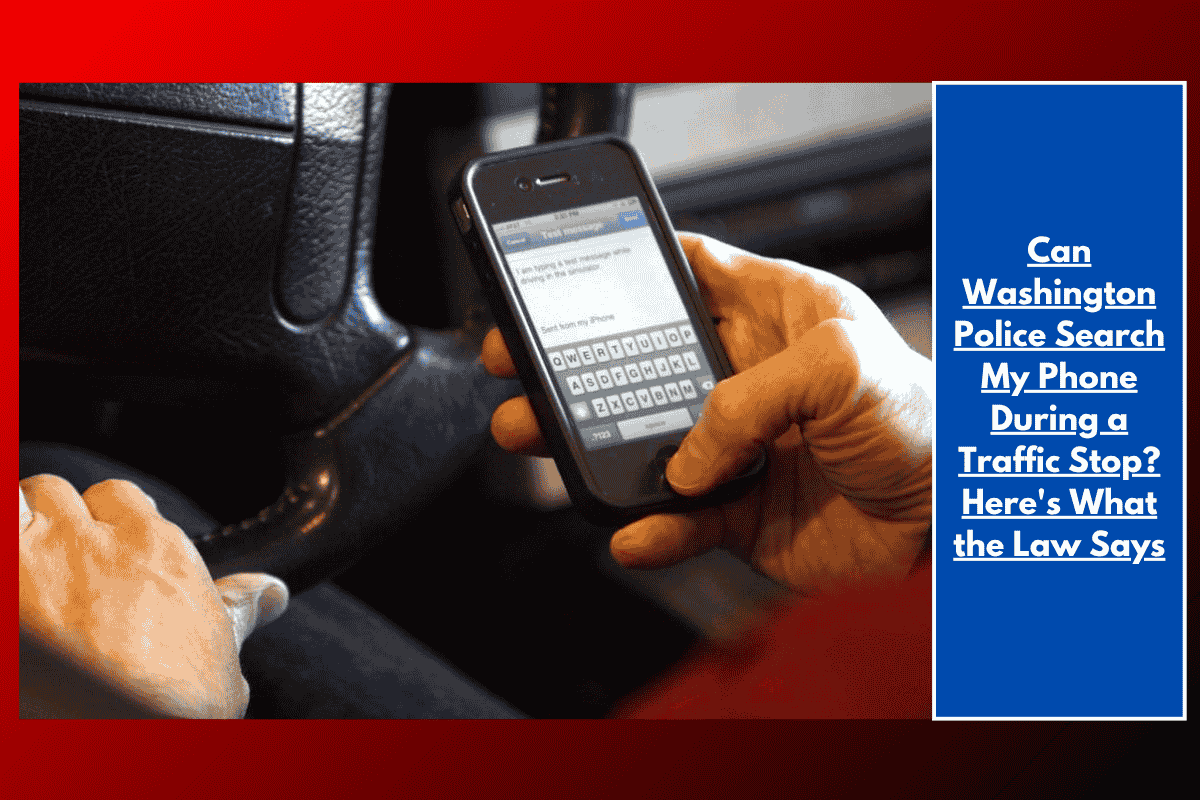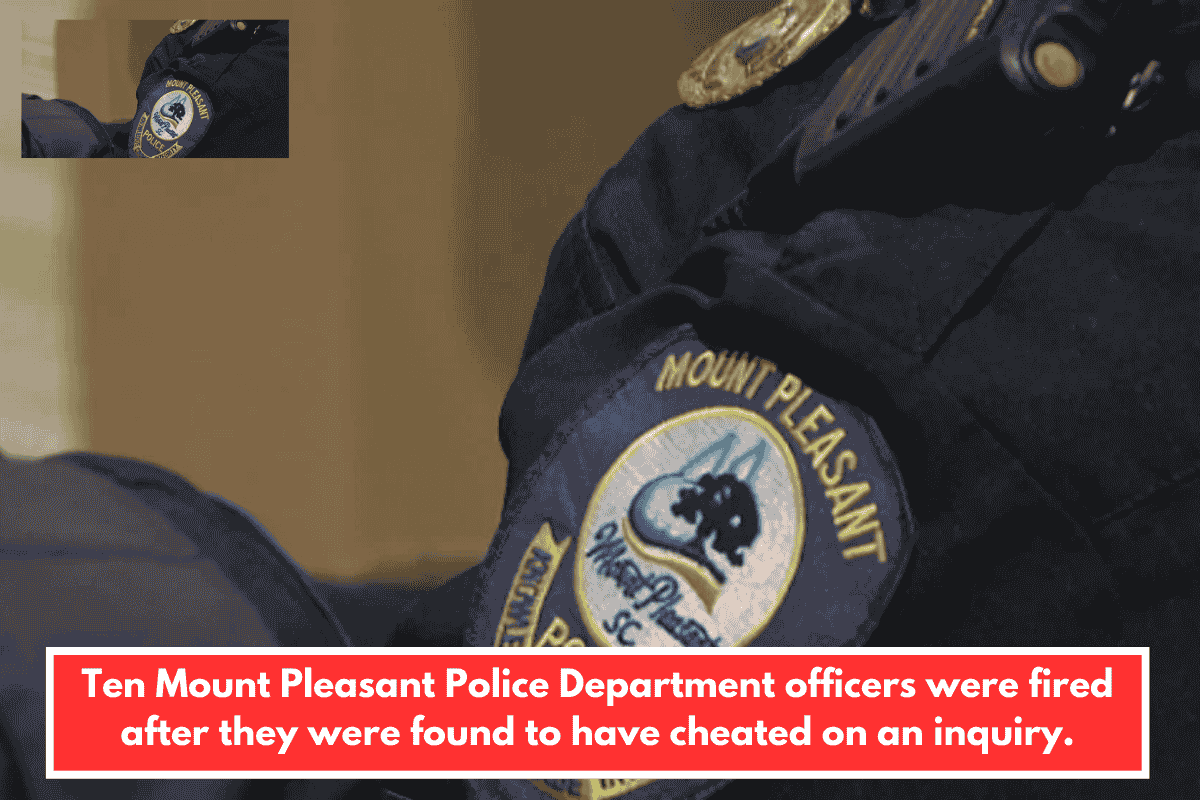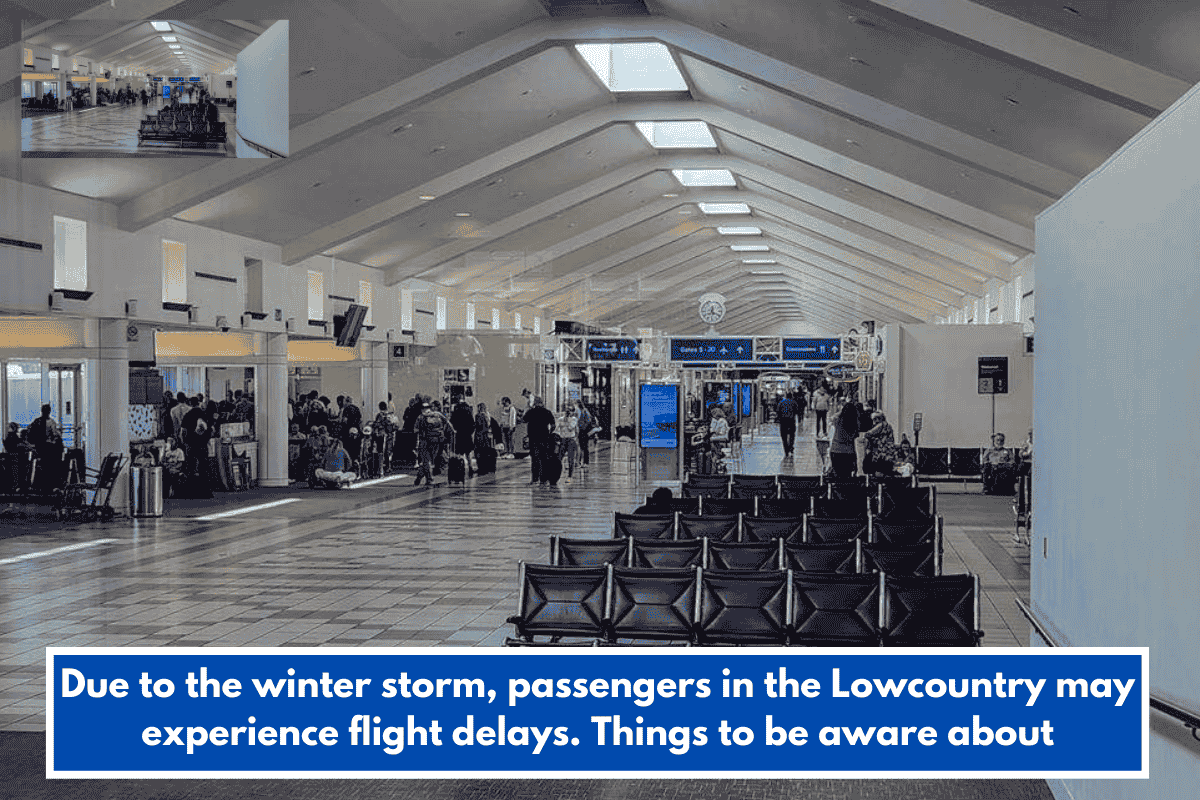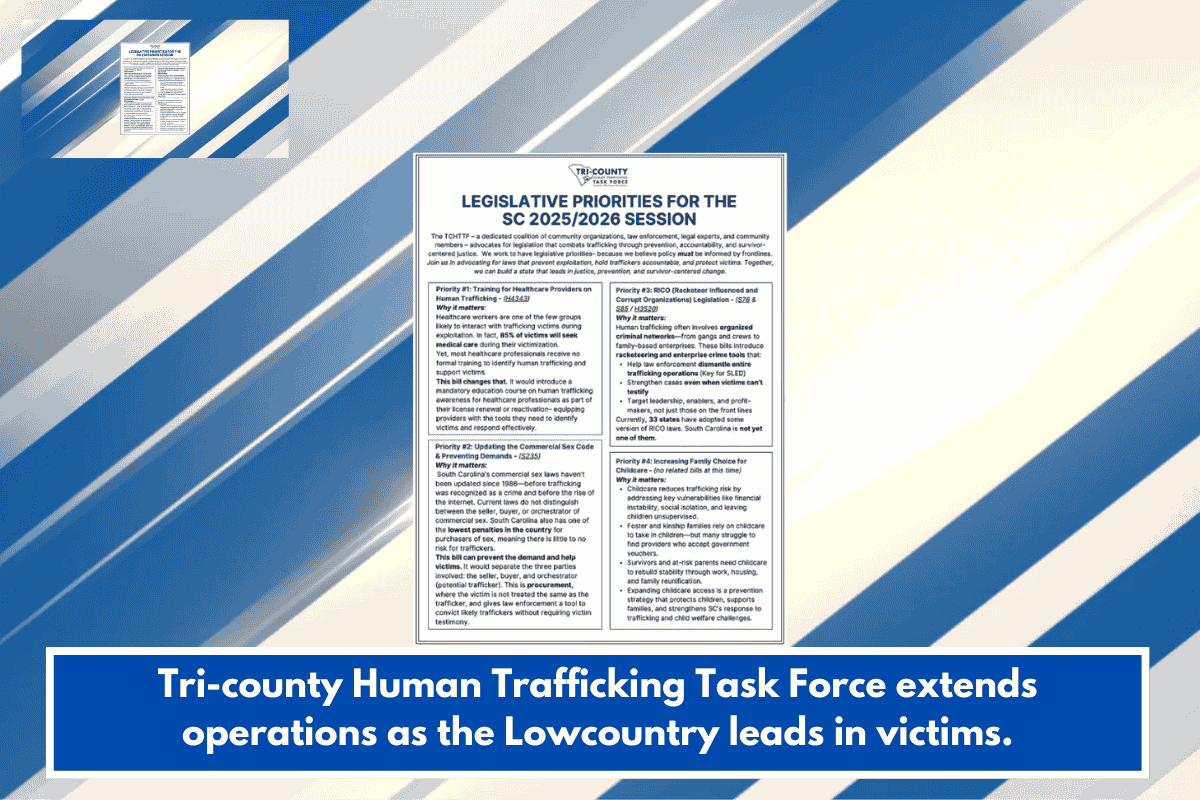If you’ve ever been pulled over by a police officer in Washington state, you may have wondered whether they have the right to search your phone. With the increasing reliance on smartphones, police encounters involving digital devices have become more common. Here’s what you need to know about your rights regarding phone searches during a traffic stop in Washington.
Can Police Search My Phone Without a Warrant in Washington?
In general, the answer is no — police in Washington cannot search your phone without a warrant, and this includes during a traffic stop. The Fourth Amendment of the U.S. Constitution protects citizens from unreasonable searches and seizures, which means that law enforcement needs probable cause or a warrant to search your phone.
However, there are certain exceptions and circumstances where a phone could be searched during a traffic stop, depending on the situation.
The Need for a Warrant or Consent
Under Washington state law and the U.S. Supreme Court ruling in Riley v. California (2014), police generally cannot search your cell phone without a warrant, even if you’re stopped for a traffic violation. The court ruled that the information on a smartphone is considered private and protected under the Fourth Amendment. Without probable cause or a warrant, police need your explicit consent to search your phone.
If you consent to a search, the police can look through the contents of your phone, so it’s important to be aware of your rights. You are not required to give consent. If asked to unlock your phone, you can politely refuse and assert your rights.
Exceptions to the Warrant Requirement
While police generally cannot search your phone during a routine traffic stop, there are some exceptions:
A. Exigent Circumstances
If there are exigent circumstances, where there’s an immediate threat to public safety or a need to prevent the destruction of evidence, police may be able to search your phone without a warrant. For example:
If the police have a reasonable belief that evidence related to a crime may be destroyed or altered (for instance, if they suspect the phone contains evidence of a crime, like illegal activity), they may be allowed to search it under these circumstances.
B. Probable Cause and Arrest
If you are arrested during the traffic stop, police may have a stronger argument to search your phone, but it still depends on the situation. If probable cause exists, such as a belief that the phone contains evidence related to criminal activity (e.g., if they suspect you were texting while driving or involved in illegal activities), the police might seek to search your phone. However, even in this case, police typically need a warrant before proceeding with the search, unless there are urgent circumstances.
Your Rights During a Traffic Stop
If you are stopped by police in Washington and they ask to search your phone, here’s what you should know about your rights:
You have the right to refuse a phone search. You can assert your rights by saying, “I do not consent to a search of my phone.”
The officer may ask you to unlock your phone: If you refuse to unlock your phone, the officer cannot force you to do so without a warrant. However, in some cases, officers may be able to obtain a warrant to compel you to unlock the phone, but this requires further legal steps.
If arrested, things may change: If you are arrested, the police may have the ability to search your phone, but only if they have a warrant or meet specific legal exceptions.
Can Police Search My Phone for Other Reasons?
If the police stop you for a routine traffic violation, they cannot search your phone just because you were pulled over. They must have a valid reason, such as suspicion of criminal activity or exigent circumstances, to conduct the search.
If they are simply conducting a traffic stop and have no reason to believe your phone holds relevant information, they cannot go through your phone or ask you to unlock it. Keep in mind that just because you’re pulled over doesn’t automatically mean you have to allow a search of your device.
What Happens if Police Search My Phone Without a Warrant?
If the police search your phone without a warrant and there is no valid exception, any evidence they find may be considered inadmissible in court. This is because it was obtained through an illegal search, violating your Fourth Amendment rights. If you believe your rights were violated during a traffic stop or phone search, you may be able to challenge the evidence in court with the help of a lawyer.
In Washington, police cannot search your phone during a traffic stop without a warrant or your consent. If you refuse consent, they must obtain a warrant to search your phone, except in cases where exigent circumstances or probable cause exist. It’s essential to understand your rights during a traffic stop, including your right to refuse a search and your ability to challenge an illegal search in court. Always be polite, but assert your right to privacy.
SOURCES
[1] https://mcaleerlaw.net/your-phone-as-evidence/
[2] https://www.tromboldlaw.com/blog/can-police-in-washington-legally-search-your-phone/
[3] https://kingcounty.gov/en/dept/sheriff/courts-jails-legal-system/crime-prevention-safety/traffic-stop
[4] https://app.leg.wa.gov/rcw/default.aspx?cite=10.79&full=true
[5] https://mcaleerlaw.net/traffic-stop-in-washington-state/














